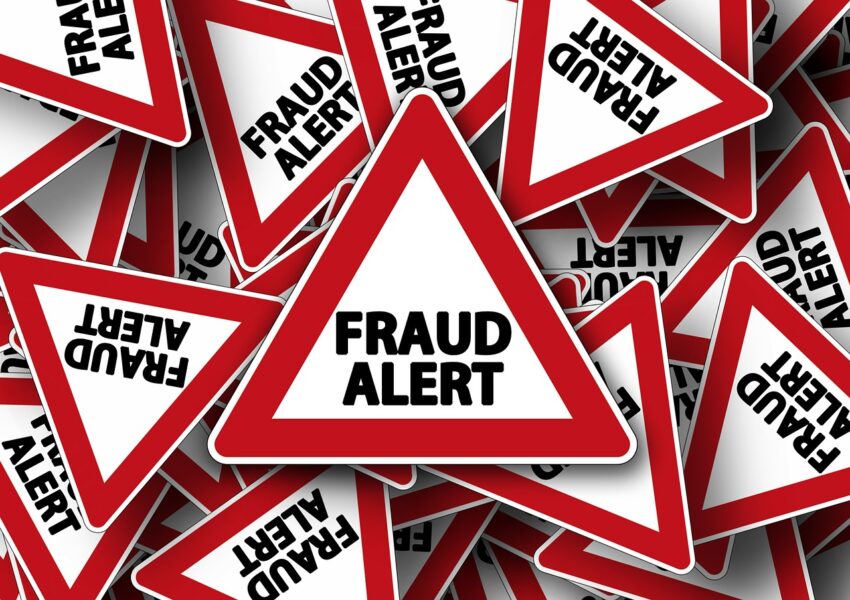The Public Utilities Commission is tasked with setting up the Clean Heat Standard, a tax on heating fuel from regional providers to subsidize experimental electric heating technologies. After one year on the task, they appear to be waving a white flag on a complex carbon credit trading scheme, but they are still recommending a simple carbon tax.
The PUC is the state’s regulating body for all utilities and energy producers. To access the full PUC document requires setting up an account at epuc.vermont.gov and searching for “23-2220-rule”.
The CHS has been panned by critics over the past month since the Commission estimated a public price tag as high as $17 billion for the small Green Mountain State for the next 25 years.
The report continues that it requires setting up a costly new bureaucracy. It says this is “likely to be a costly credit platform.” The credit system would also create “potential for fraud and market manipulation.”
The report lists more logistical challenges that result in costs not previously considered. It also notes that this legislation sets a new precedent by regulating a sector “not currently or historically regulated by the Commission.”
Credit system dead on arrival?
The Commission’s report continues to imply that the credit system cannot work realistically. Political commentator Rob Roper likened their statements to a “eulogy” of the Standard’s credit system.
The Commission’s report states, “Our work over the past year and a half on the Clean Heat Standard demonstrates that it does not make sense for Vermont, as a lone small state, to develop a clean heat credit market and the associated clean heat credit trading system to register, sell, transfer, and trade credits.”
“thermal energy benefit charge”
The Commission suggests a simpler model that simply applies a charge to heating fuels to subsidize the electric heat technology and other carbon-mitigation efforts.
“Because the Clean Heat Standard introduces these additional regulatory hurdles and costs, the Commission is considering other options to achieve Vermont’s greenhouse gas emission reduction goals for the thermal sector,” it states.
The solution proposed by the Commission is they apply a simple “thermal energy benefit charge” to heating fuels. It would still be a carbon tax on heating fuels to subsidize competing technologies.
“The funds raised could be spent directly on fossil-fuel-reduction projects such as weatherization and electrification, avoiding the complexity and high administrative costs of a thermal credit market in which only Vermont participates,” it states.
Roper offered such sentiment in his analysis.
“A straightforward carbon tax on home heating fuels,” he wrote. “Strip away the Rube Goldberg Carbon Credit contraption, and that’s what you’re left with: a direct charge on your oil, propane, and kerosene home heating bill. And to “sufficiently fund” the number of clean heat measures necessary to meet the Global Warming Solutions Act mandates, that carbon tax will necessarily be massive. In the billions massive.”
The Commission notes another option, expanding the use of biofuels. It states, “For example, discussion regarding the Clean Heat Standard has illuminated one area where existing programs may need to be augmented — expanding the use of biofuels, which is likely to be one of the more cost-effective strategies to meet the requirements of the Global Warming Solutions Act.”
